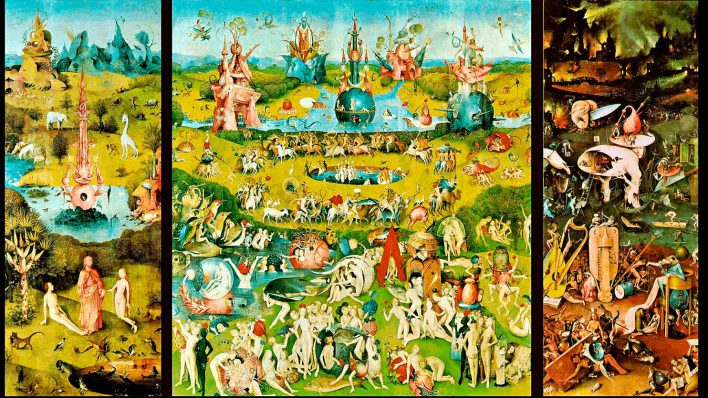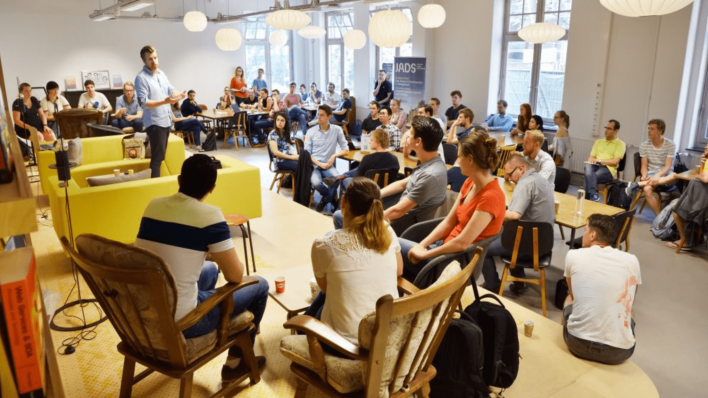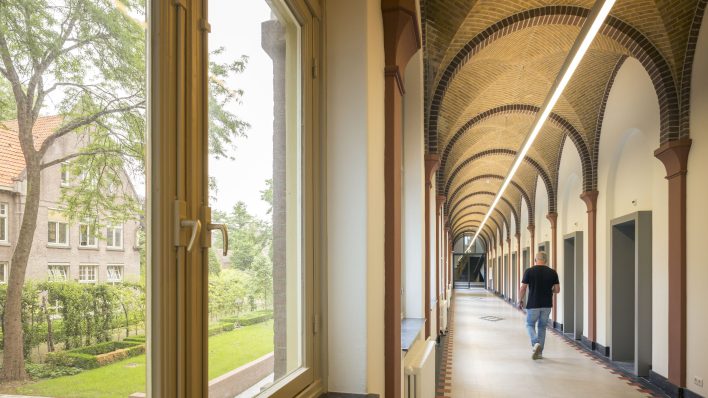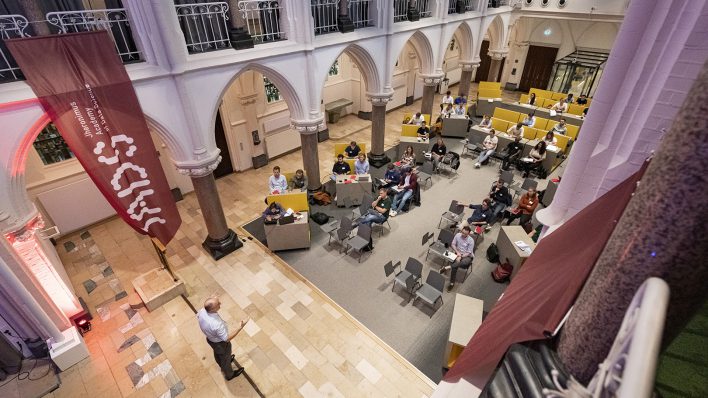JADS Lustrum Stories: Peter de Kock about the “The Virtue of Doubt”
Posted on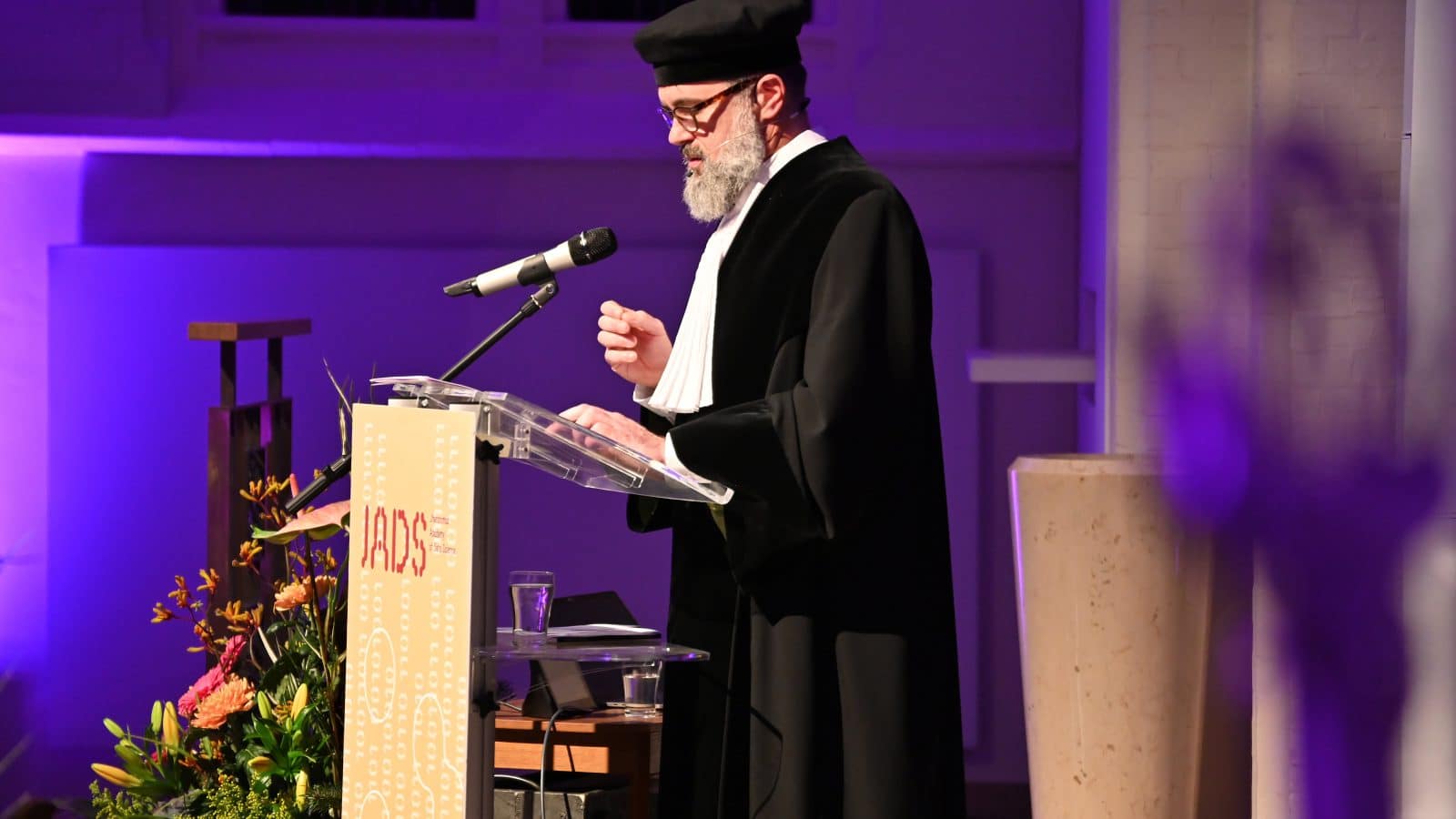
The Virtue of Doubt
If my personal experience with JADS would have to be summarised in one word, it would be the word Doubt.
Shortly after I was appointed Professor of Practice, I joined a group of professors to discuss our position within JADS. At that time my experience with the academic world was rather limited. Moreover, in the presence of seasoned professors, my background as an artist felt somewhat out of place. When I stated that I considered myself ‘de vreemde eend in de bijt’, my colleagues fell silent for a few seconds. Then somebody mumbled “And here I thought I was the odd one out”. Seconds later we found out that all of us felt insecure about our roles and responsibilities, and all of us had doubts about how to best contribute to JADS.
‘ The Assembly of Odd Ducklings’
Right there and then, we formed De Vreemde Eenden Club, the assembly of odd ducklings, an informal and innovative gathering bound by doubt. And because there seemed to be a general consensus that I was the ‘oddest one out”, I was appointed chairman.
Having been educated in the domain of fine arts, I do have experience in handling doubt; the vehement feeling that your work and approach somehow could be better. Doubt drove artists like Leonardo da Vinci or scientists like Jacob Bronowski who said that ‘Every judgement in science stands on the edge of error. We have to cure ourselves from the itch of absolute knowledge’.
Odd ducklings in a rapidly changing world
In my opinion, what distinguishes JADS form all other educational systems in our society is exactly that. We live in a world that is rapidly changing. That world needs odd ducklings, agile minds and avid entrepreneurs that operate on the verge of what is familiar. People that aspire to understand the unknown and are well equipped to handle the doubt that comes with it.
Teaching students, researchers and entrepreneurs the virtue of doubt, is the best contribution we can make to society.
